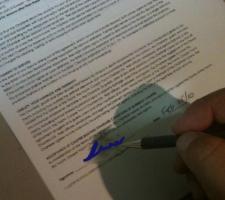We're very excited about being in the GUNKHOLING business moving forward. It's both one of the best things to be part of and probably the item that tends to elude many people on a quest for fun on the water. If you want to know more about GUNKHOLING, look no further - we are going to have lots of fun together.
GUNKHOLING, according to Wikipedia is a boating term referring to a type of cruising in shallow or shoal water, meandering from place to place, spending the nights in coves. The term refers to the gunk, or mud, typical of the creeks, coves, marshes, sloughs, and rivers that are referred to as gunkholes. Because of the slow pace, this type of cruising is best enjoyed by those cruising by sailboat or trawler. While not necessary, gunkholers typically seek out the serenity of isolated anchorages over the crowds of marinas and popular bays.
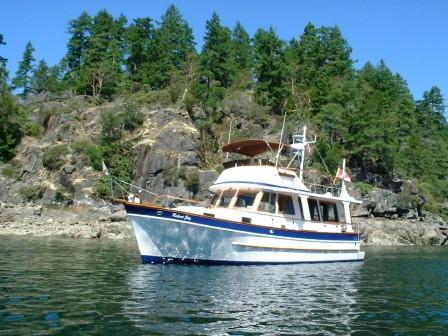
GUNKHOLING - COOPER STYLE
We hold that gunkholing embodies the ultimate cruising lifestyle - it's one of those rare experiences that is best enjoyed slowly and deliberately. Gunkholing is the type of cruising that makes our coast one of the best locales on the planet.
Some prefer to conquer oceans; we thrive on a good cup of coffee in a peaceful anchorage or quaint marina. Some would spend days and days aboard; we prefer a shoreside adventure such as a hike under the canopy of our coastal rainforest. Some brandish their swords as they battle other boats on a race course; we prefer to raft up to our fellow boats and make a few new friends.
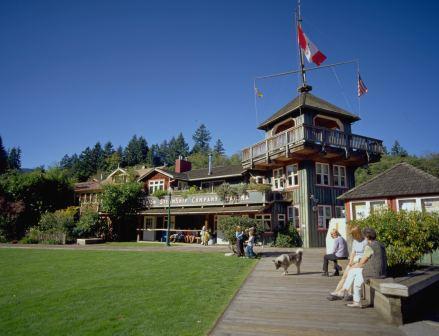
The magic of gunkholing is really a collection of small experiences that weave together into the fabric of our boating community. It is impossible to fully describe what one gains by embracing the gunkholing lifestyle with a passage of words, but here is a small sample of the threads that combine to provide the allure of this pastime:
> The satisfaction of piloting your boat into an unfamiliar harbour by making
reference to the local charts and publications
> The joy of kids exploring tidal pools
> Flashing the barbeque up after a day of cruising from one island to the next.
> Beachcombing poker - win or lose those treasures found earlier in the day
> Sitting back and watch an eagle dive for her dinner right next to you
> The playful banter as we line up at the pilgrimage to the shoreside showers with a towel and kit in tote
> The camaraderie of flotilla cruising
> Watching the best in people come out as they assist with docking, mechanical challenges and tips as to the best spot to catch shellfish, take a dip or find the elusive baked goods
> Sharing the waters with orca whales, dolphins, harbour seals and sea lions
The term originates from that spectacular gunk that oozes off an anchor as it breaks the water. Weknow it to mean so much more. Won't you join us so we may properly introduce you to GUNKHOLING?
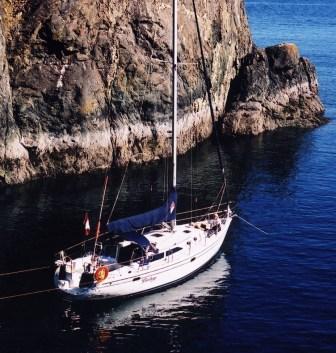







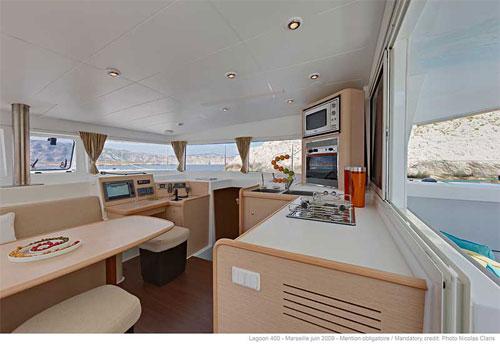
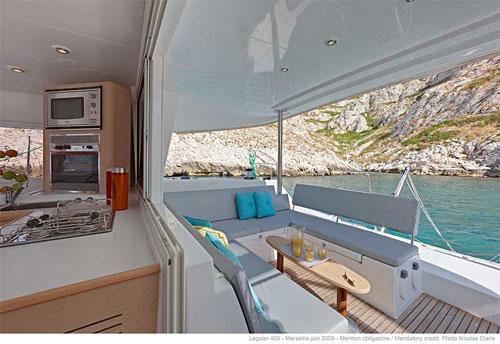
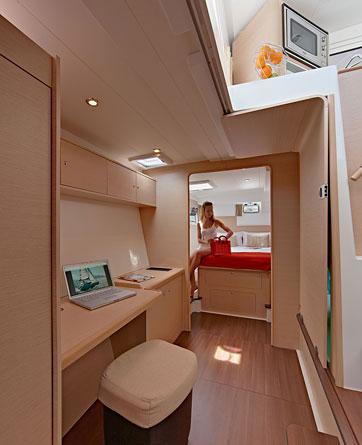
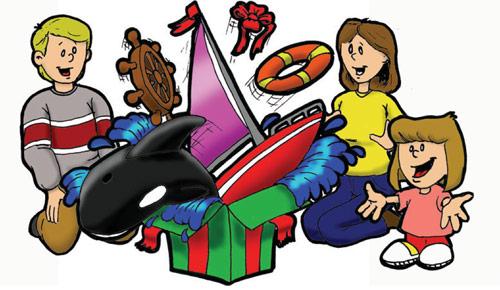



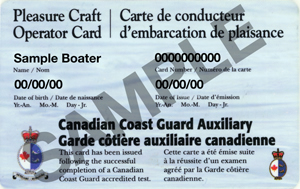 Boaters operating motor driven craft now need their Pleasure Craft Operator Card (
Boaters operating motor driven craft now need their Pleasure Craft Operator Card (